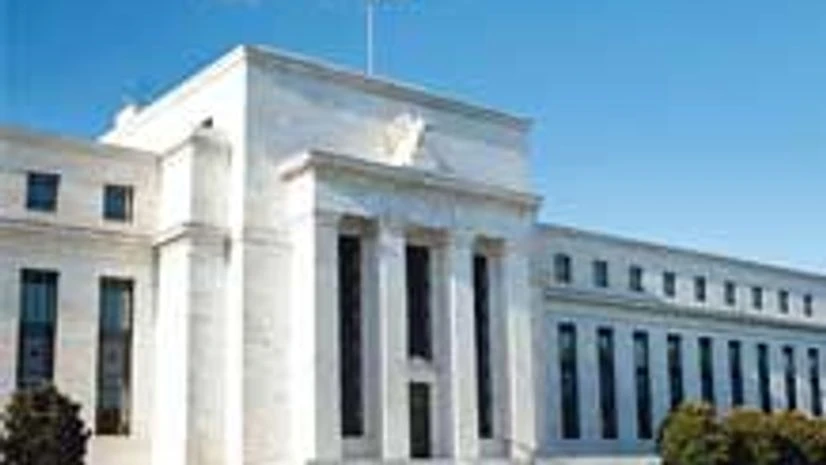Sounding a sombre note even as the economic outlook in the United States brightens, the Federal Reserve's No. 2 official acknowledged on Monday that global growth had been "disappointing" and warned of fundamental headwinds that might temper future gains.
The official, Stanley Fischer, who took over as vice-chairman of the Fed in June, noted that although the weak recovery might simply be fallout from the financial crisis and the recession, "it is also possible that the underperformance reflects a more structural, longer-term shift in the global economy."
In a speech delivered on Monday in Stockholm at a conference organised by the Swedish Ministry of Finance, Fischer also conceded that economists and policy makers had been repeatedly disappointed as the expected level of growth failed to materialise.
Also Read
"Year after year, we have had to explain from midyear on why the global growth rate has been lower than predicted as little as two quarters back," he said. "This slowing is broad-based, with performance in emerging Asia, importantly China, stepping down sharply from the post-crisis surge, to rates significantly below the average pace in the decade before the crisis."
Fischer said it was difficult to determine how much of the slackness was because of cyclical factors and how much represented a more fundamental, structural change in advanced economies.
But he warned of three pronounced headwinds that have held back growth in the United States: A still anaemic housing market, cuts in federal government spending and weaker global growth that reduced demand for American exports.
A report on Monday by the Organisation for Economic Cooperation and Development warned that German economic growth might be slowing. Germany has been one of Europe's rare bright spots, continuing to prosper even as countries on the periphery like Greece, Portugal and Spain struggle after the debt crisis of 2010-12.
After a very weak start to the year amid harsh wintry weather, economic growth in the United States has been increasing. Economists estimate that the American economy expanded at an annual rate of 4 per cent in the second quarter, and are looking for the growth rate to remain at around 3 per cent for the rest of 2014.
As a result, despite Fischer's cautious tone on Monday, the Fed is planning to begin raising short-term interest rates next year, the first time it has tightened monetary policy since the onset of the recession.
On Wall Street, Fischer's caution was not greeted negatively. Some traders were encouraged that it appeared that the Fed was in no rush to raise interest rates.
In addition to the three headwinds Fischer blamed for slowing growth in the last five years, he cited several long-term factors that could inhibit prosperity in the future.
One major worry is the slowing growth in the size of the American labour force, both because of demographic factors like the retirement of baby boomers and the legions of workers who have given up looking for jobs.
Noting that the proportion of Americans in the work force has been dropping steadily since 2000 - it has fallen to 62.9 per cent now from 67 per cent then - he said, "Many of those who dropped out of the labor force may be discouraged workers."
And while some people may return to the work force as the unemployment rate continues to drop - it now stands at 6.2 per cent compared with 8.2 per cent two years ago - he cautioned that "skills and networks may have depreciated some over the past years."
Looking further ahead, Fischer also waded into one of fiercest debates in economics - the question of whether recent anaemic growth is a temporary, cyclical phenomenon or a more fundamental one that will last for decades or more.
Prominent pessimistic voices, like Robert J Gordon of Northwestern, argue that for all the recent change wrought by the Internet, information technology will not deliver the kind of economic growth generated by the Industrial Revolution and developments over the last 150 years like electrification, railroads, indoor plumbing and the like.
Despite the gloomy tone of other parts of his speech, on this question Fischer hinted that he remains something of an optimist.
"Possibly we are moving into a period of slower productivity growth," he said, "but I for one continue to be amazed at the potential for improving the quality of the lives of most people in the world that the IT explosion has already revealed."
©2014 The New York Times New Service

)
